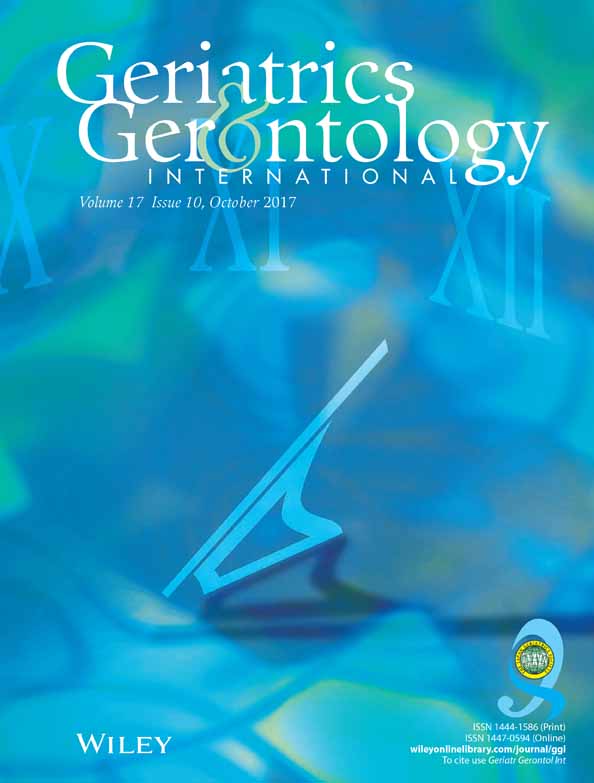Effect of caregiving relationship and formal long-term care service use on caregiver well-being
Abstract
Aim
Despite efforts to revise the traditional long-term care (LTC) model, informal caregivers continue to provide a substantial amount of support to older adults as front-line care providers. The present study aimed to understand the effect of informal caregiving on caregivers’ well-being in Singapore with respect to different types of patient–caregiver relationships. Second, this study examined the association between formal LTC service use and caregivers’ well-being.
Methods
Two waves of data for 781 dyads of patients with LTC needs and their caregivers from a longitudinal study were analyzed. Multilevel regression models were used to examine the association between caregivers’ well-being (self-rated general health, stress level and quality of life) and LTC service use among different patient–caregiver relationships.
Results
Spousal caregivers reported significantly lower quality of life compared with adult children caregivers. Non-immediate family caregivers showed better overall well-being compared with spouse and adult children caregivers. Caregivers of patients referred to nursing homes reported higher levels of stress and poorer self-rated general health compared with caregivers of patients referred to community-based services. Spouse and non-immediate family caregivers of patients who utilized nursing home or home-based services presented poorer self-rated general health than caregivers of the patients who did not use any formal services.
Conclusions
Developing a better understanding of the associations between well-being and formal LTC service use for different types of patient–caregiver relationships is critical for policy makers and healthcare providers who aim to create holistic systems of care. Geriatr Gerontol Int 2017; 17: 1714–1721.




